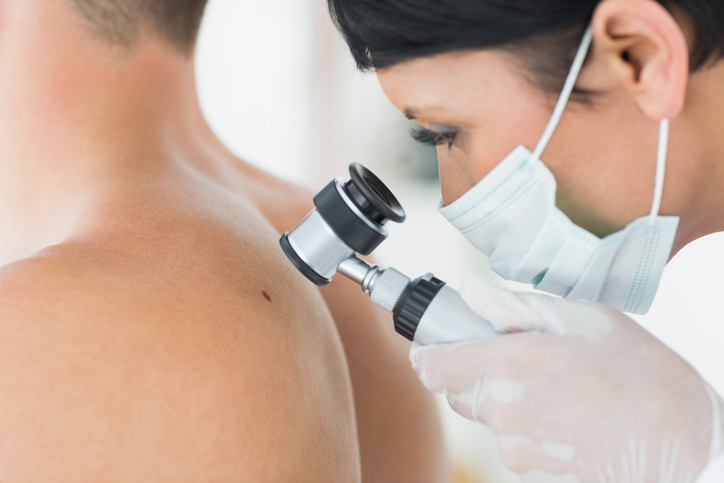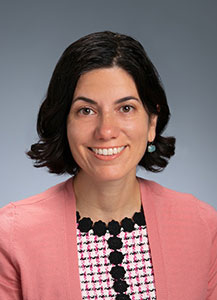
The goal of any screening program is to detect disease at a stage where treatment is more effective than it would be after signs/symptoms occur. A screening recommendation must also define which individuals benefit the most from these screenings.
While there are many types of skin cancer, melanoma represents the main public health concern. It is responsible for the majority of skin-cancer-related deaths, and stage at diagnosis directly correlates with mortality.1 While early detection is critical to survival, the U.S. Preventive Task Force (USPTF) states that "little evidence exists regarding the benefit of skin cancer screening with melanoma mortality".2 This publication is from 2016 and more up to date guidelines are currently being developed. In the interim, there are no official screening guidelines for melanoma.
Data driven screening guidelines have been generated outside of the USPTF. These are from American Cancer Society, American Academy of Dermatology and Skin cancer Foundation. These organizations, in addition to several publications, recognize the lack of randomized controlled trials but attempt to assist clinicians and patients in defining populations at higher than average risk for skin cancer.2 While melanoma is the main target for early detection, the guidelines also apply to the most common skin cancers: basal cell and squamous cell cancer. For all these skin cancers, the patient populations and risk factors are similar.
Patient populations
Age range for screening
For patients 35-75 with one or more risk factors, skin screening should be considered. The median age of diagnosis of melanoma is 65.1 When utilizing this age range and at least one risk factor for a screening population, approximately 70% of all melanoma cases will be identified.3
Risk factors
These risk factors are categorized as: personal history, family history, personal physical features, or an activity exposure. These risk factors are all known to significantly increase your risk of skin cancer.
Personal history: Any patient with a history of melanoma or nonmelanoma skin cancer, a known CDKN2a mutation carrier or who is immunocompromised.
- A CDKN2a mutation is a rare genetic syndrome that increases your risk of both melanoma and pancreatic cancer.
- Immunosuppressed individuals are those that have a suppressed immune systems due to a disease (e.g. AIDS) or medication (e.g., anti-rejection medications for organ transplants or immunosuppresants for autoimmune disorders).
Family History: Any patient with melanoma in one or more family members, or family history suggestive of a hereditary predisposition to melanoma.
Personal physical features: Patients exhibiting one or more of these physical characteristics - light skin (Fitzpatrick I-III), blonde or red hair, >40 total nevi, >2 atypical nevi, severely sun-damaged skin.
Physical activity associated with UV overexposure: History of blistering or peeling sunburns, or of indoor tanning.
In summary, currently there is a lack of data asserting that skin screening decreases melanoma mortality. As we anticipate the new USPTF guidelines, this summary provides a logical approach to assist patients and clinicians on selecting who should be considered for skin cancer screening.
References:
- "Cancer Stat Facts," National Cancer Institute Surveillance, Epidemiology, and End Results Program, acessed May 4, 2022, https://seer.cancer.gov/statfacts/.
- Wernli K, Henrikson N et al. Screening for Skin Cancer in Adults: Updated Evidence Report and Systematic Review for the US Preventive Services Task Force. JAMA. 2016;316(4):436-447. https://doi.org/10.1001/jama.2016.5415.
- Johnson M, Leachman S et al. Skin cancer screening: recommendations for data-driven screening guidelines and a review of the US Preventive Services Task Force controversy. Melanoma Manag. (2017) 4(1), 13–37. Available from: https://www.ncbi.nlm.nih.gov/pmc/articles/PMC5480135/

